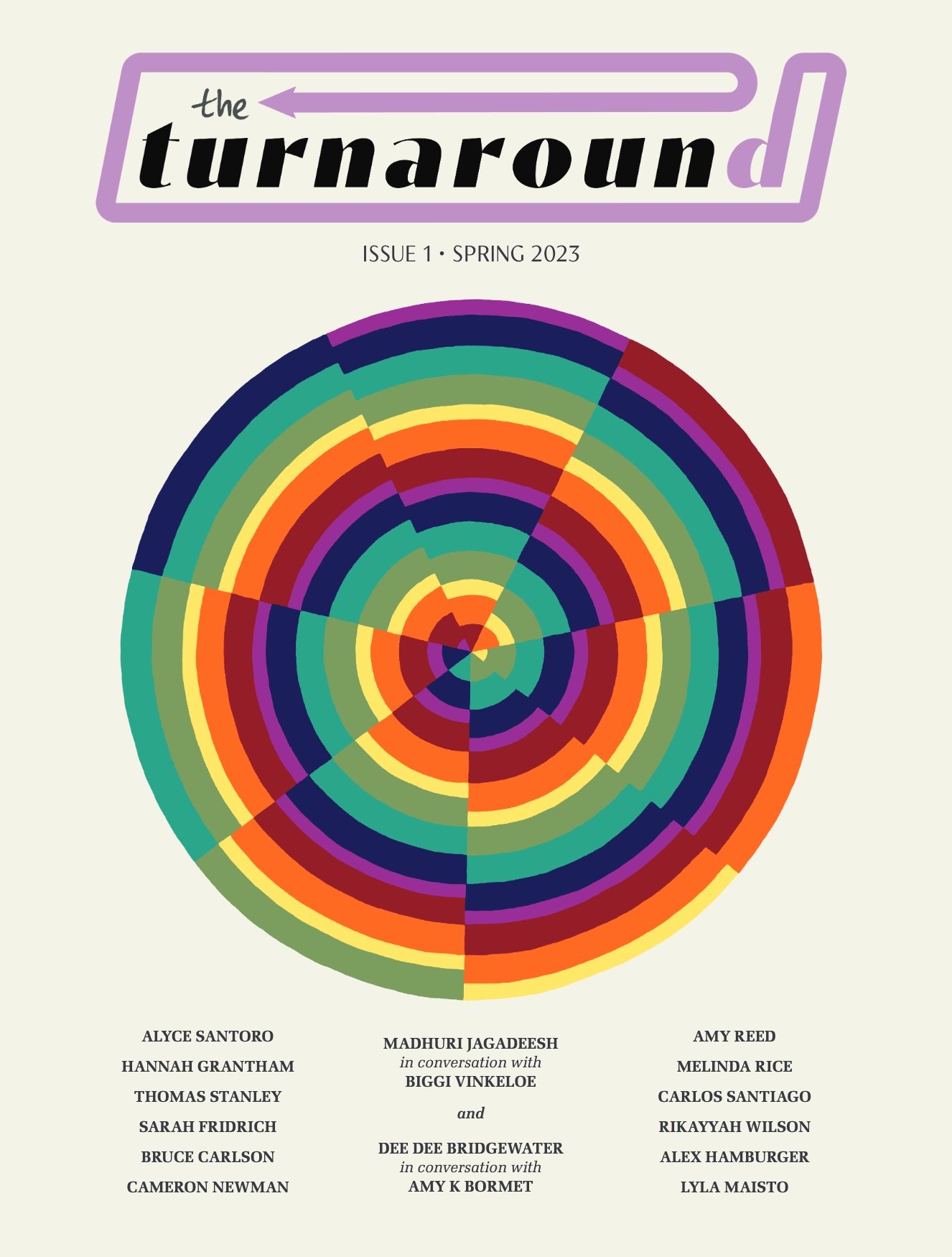A Historian for Public Audiences
Hannah Grantham specializes in American entertainment history, with a focus on musical material culture. Her current research project delves into the cultural legacies of American jazz women from the twentieth century.
She possesses an extensive and diverse background in academia, museums, and libraries, where she has developed her skills through various positions as an educator, preservation specialist, and curator. With her experience in project management, strategic planning, budget management, and grant writing, she is a savvy professional making strides in reimagining the activation of musical collections.
Hannah is a flexible multidisciplinarian who enjoys collaborative partnerships and endeavors that aim to make musical histories more accessible to listeners, practitioners, and students seeking new ways to understand the music that inspires them.
Curator
Hannah is an award-winning curator who has worked with musical heritage in museums and libraries since 2013. She received her curatorial training while at the University of South Dakota’s National Music Museum and has since held positions at institutions such as the Smithsonian Institution’s National Museum of African American History & Culture. Hannah is well-versed in all aspects of collections work, from constructing personalized storage mounts to crafting compelling exhibition narratives.
Educator
Educational outreach is at the heart of Hannah’s scholarship, and she appreciates every opportunity to work with students. In the past, she has developed curriculum and taught performance histories grounded in material culture examples for colleges like The New School. Hannah has also been an invited speaker at a number of colleges and conservatories, where she has presented her research on musical iconography, jazz women, and managing musical collections. She enjoys stepping into the classroom and supporting performers in expanding their creative practice by incorporating historical research, storytelling, and engagement with material culture. When she’s not nose-deep in a book or working with collections, Hannah also teaches aerial arts to students aged seven to seventy.
Writer
You can find Hannah’s writing in a variety of publications, such as academic journals, peer-reviewed publications, and magazines. Her scholarly writing covers a range of topics, including the histories of Appalachian dulcimer makers, sixteenth-century illustrations of Iranian musical instruments, and the material impact of American jazz women. If you're interested in reading her latest work, check out her essays in Musical Crossroads: The Stories Behind the Objects of African American Music and the spring edition of The Turnaround magazine.
Academic Training
-
(In Progress) At the University of Delaware, Hannah pursued coursework in American history, theories in material culture, and museum studies. Her developing hybrid dissertation project, Jazz Women Driving American Life, analyzes objects to present the tremendous influence jazz women had on music cultures, fashion, politics, and evolving technologies in the United States during the twentieth century. As a Fellow in the African American Public Humanities and Delaware Public Humanities Initiative programs, she has received advanced training in object-based research, historical interpretation for the public, and nonprofit project management and administration.
-
(2015-2019) At the University of South Dakota, Hannah completed coursework in the National Music Museum’s (NMM) renowned graduate study program that specializes in training curators and stewards of musical collections. Her thesis research focused on Iranian musical instruments and their visual depictions in Safavid-era illuminated manuscripts housed in American cultural heritage institutions. As a Graduate Assistant, Hannah participated in cataloging musical instruments, rehousing objects, curating exhibitions, and caring for archival materials.
-
(2012-2016) Hannah’s journey at the University of North Texas began as a vocal student in the College of Music’s renowned jazz studies program, but her shifting interests to musicology and cultural heritage work prompted a major change to Music History. Her senior thesis dove into the cottage industry of Appalachian dulcimer-making families of Watauga County, North Carolina. Throughout her studies, Hannah participated in jazz vocal ensembles and took courses in music theory, ethnomusicology, instrument repair, art history, world histories, and library studies. Outside of the classroom, she supplemented her education by working in the University Library’s music cataloging office and preservation lab repairing books and paper materials.







